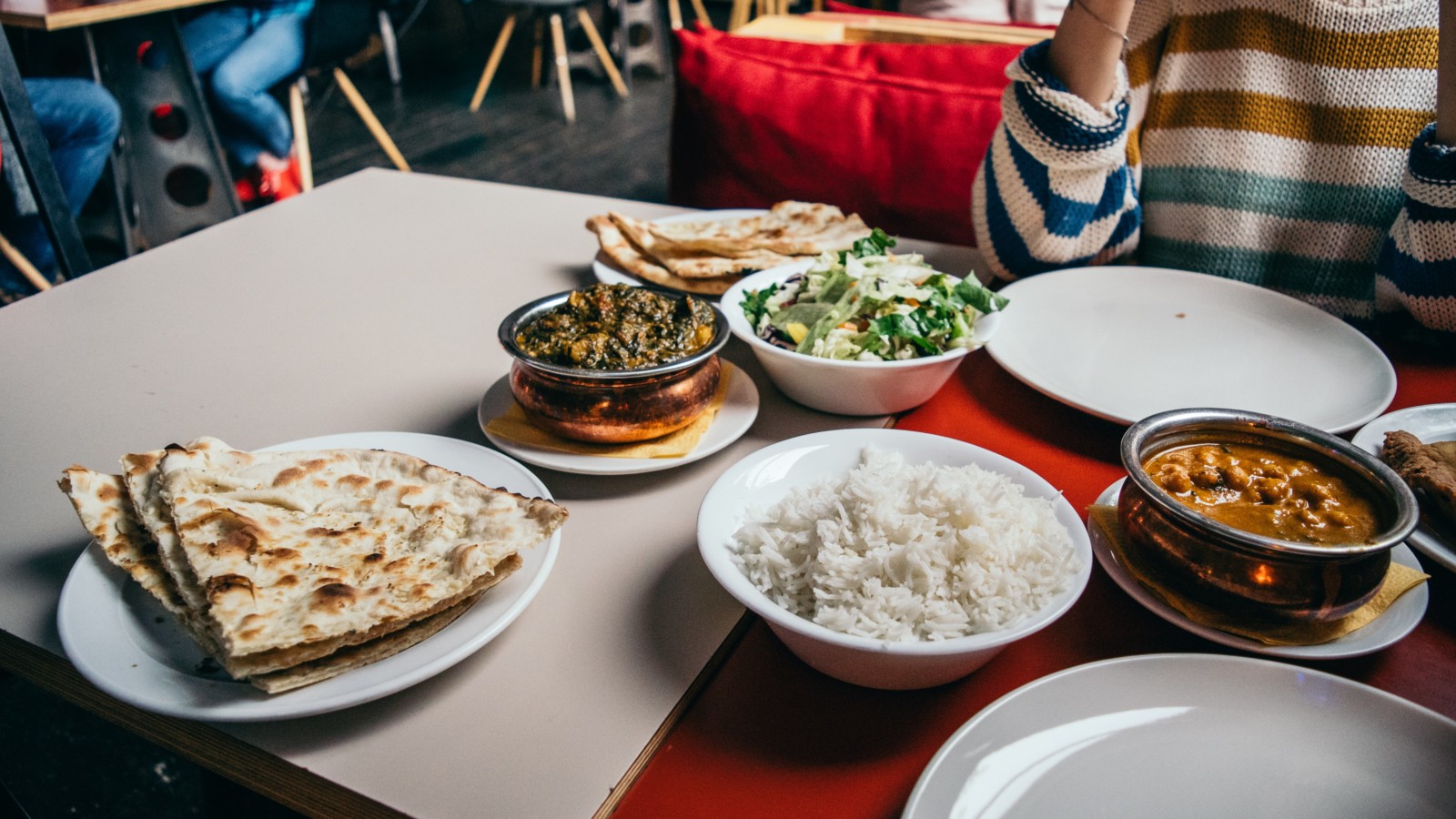At a recent wedding I went over to a buffet and merrily served myself a rather large dollop of ice cream topped with chocolate sauce. Quite satisfied with how decadent it looked, I sat comfortably at a table, when an uncle walked over to me and said teasingly “Wow, thaaaaat’s a HUGE helping!” Lucky for me, that this did not deter me from relishing my dessert with gusto, anyway. But it did get me thinking how easy it was for him to walk up to me and judge what I eat. It also got me thinking how many of the clients that I see in therapy and friends I meet at parties struggle with being judged by what and how much they eat.
Food choices, like lingerie choices are personal.
Be aware of any superficial judgment that you might make to guilt someone into eating the “right way” because you want to “motivate” a behavioural change.
Human judgement is comparative in nature. When we assess someone else’s choice we weigh it up with some sort of standard or benchmark that is ideal in our minds. Evaluations of food choices like physical attractiveness have come to dominate conversations and social media handles. Depending on our own attitudes toward a certain type of food, we either reward with “likes” or punish by trolling/judging food choices that we may approve or disapprove of. We believe some food is more virtuous than other food. Not only do we believe that making the right food choices reflects chastity, but we also tend to become overly self-righteous about the whole affair. It is not always about being “holier than thou.” Sometimes it can be about being “less evil than thou.” Whichever way you look at it, we, as a society are crossing a very personal boundary.
It is important to be cognizant about how food, like body image, is an intimate matter. It is also a very complex business. Be aware of any superficial judgment that you might make to guilt someone into eating the “right way” because you want to “motivate” a behavioural change. At times, it reflects your own need for validation, that you are in fact good or “better than” or “saving the planet” or “the reason you look so fit.” When someone posts a picture of food that you disapprove of and it bothers you, move onto the next thing. If you feel compelled to judge the person who posted the picture, work on inhibiting your impulses just like you work on making mindful food choices. Mindfulness focuses on compassion, resisting acting impulsively and effortfully controlling the need to compare yourself in order to feel good about yourself. It is not for you to morally scrutinize what is on another person’s plate and shame them.
And for those of you, who love chocolate as much as I do, be confident in your food choices. Eat what feels right for you and really enjoy it. Only you know what’s best for you.


